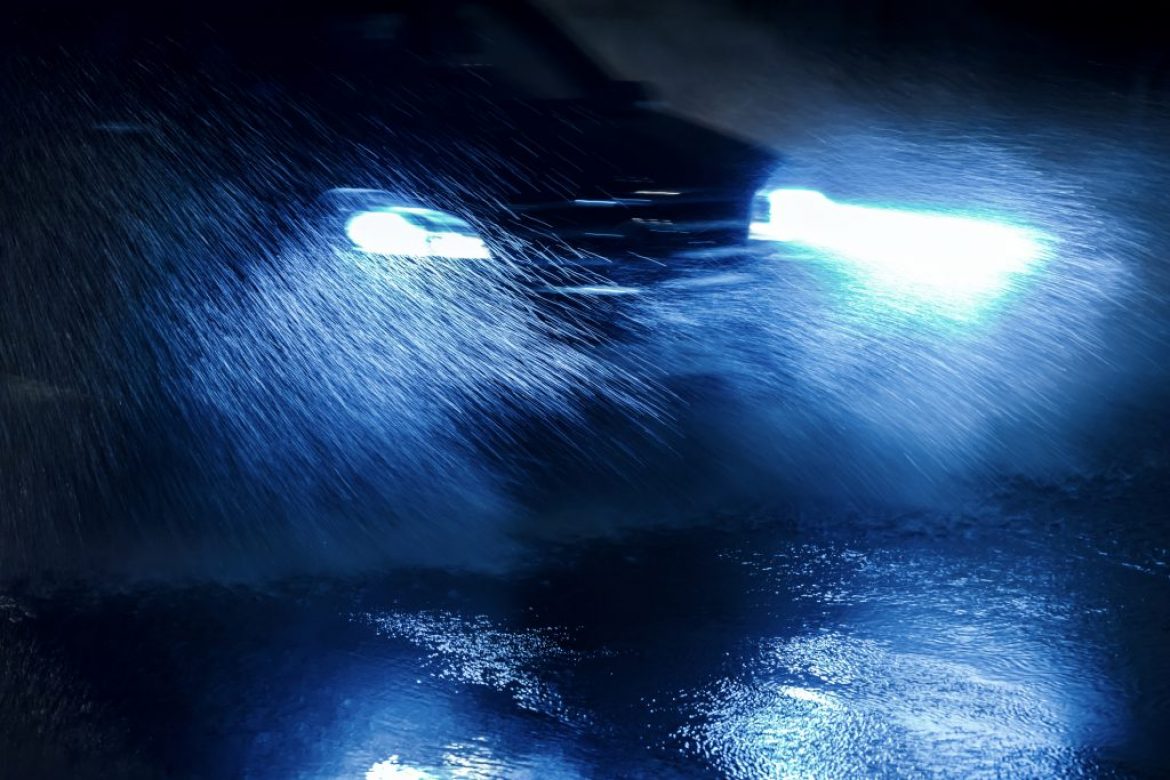How Headlight Laws Affect Your Personal Injury Claim

With shorter winter days and overcast skies, the roads light up this time of year with headlights. If you’ve ever spotted a shadowy car in the dusk—barely noticeable without lights—you know just how much a lack of headlights affects visibility. An hour later, in the pitch dark, the car might as well be invisible.
Georgia requires the use of headlights with O.C.G.A. 40-8-20. The statute states that headlights must be on “any time from a half-hour after sunset to a half-hour before sunrise and at any time when it is raining in the driving zone.” When a driver forgets to follow this law, leaving his or her headlights off, or neglects to maintain working headlights, it complicates any resulting accidents.
Why driving without headlights is so dangerous?
According to the National Safety Council, night driving is dangerous for a lot of reasons: drivers are fatigued, more likely to be impaired and may face reduced night vision. The risk of a fatal accident is three times higher at night. And while there are certainly important steps you can take to guard your night vision, like dimming your dashboard, choosing anti-reflective eyeglasses and aiming your own headlights correctly, there’s not much you can do if other drivers forget to turn on their lights.
If you’re injured in a crash, however, you do have recourse. Not using headlights when they should be used is negligence, and negligence can lead to legal liability. But unlike other cases of negligence—say reckless driving during bad weather—not using your headlights is a clear-cut violation of a statute. That makes it “negligence per se,” something that’s easier to prove and argue, since the cause of the crash (no headlights) is, in itself, a violation of Georgia’s headlight law.
Can more than one driver be at fault?
Of course, car crashes are complicated, and more than one party can be at fault. Maybe you rear-end a driver who’s driving without lights, but you were also following too closely. Or you forget to turn on your own lights and you’re sideswiped by a speeding car. With inclement weather-related pileups, it’s even more probable that several parties will be at fault. An experienced Macon car accident lawyer can help work through your case and your options.
And as we head into the long winter nights, with dark commutes and a holiday season filled with evening outings, it’s also a good time to check all your vehicle’s lights and replace any spent bulbs. If the headlights are looking clouded over or yellowed, you can visit your local auto store for a headlight restoration kit to get them shining again.
Your Car Accident Lawyer in Macon, GA
If you’ve been injured in a car crash, you need a personal injury attorney. The Macon car accident lawyers at Buzzell, Welsh & Hill understand the complications involved in nighttime or inclement weather crashes and can help ensure you get the compensation you deserve. Contact us for a free consultation today.
